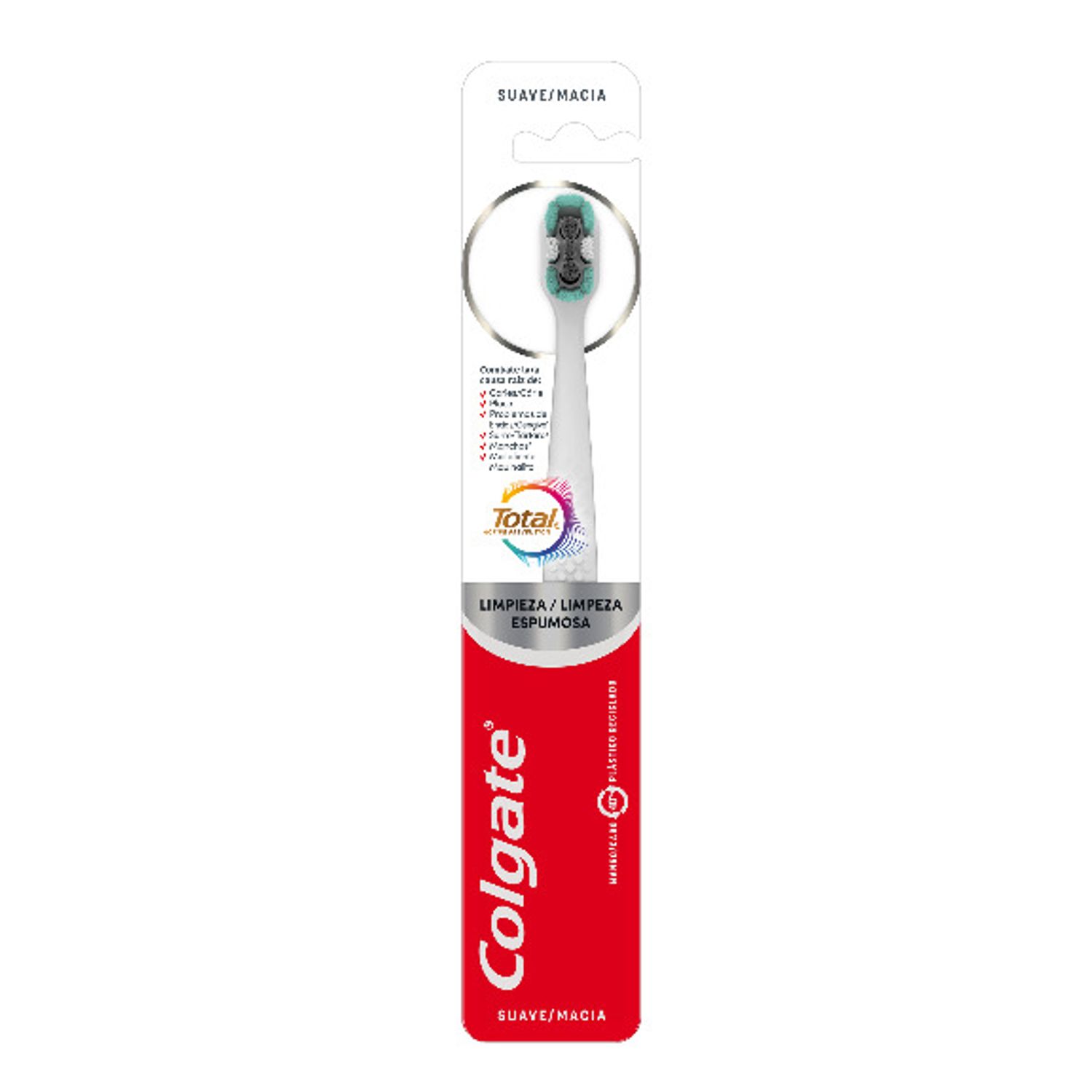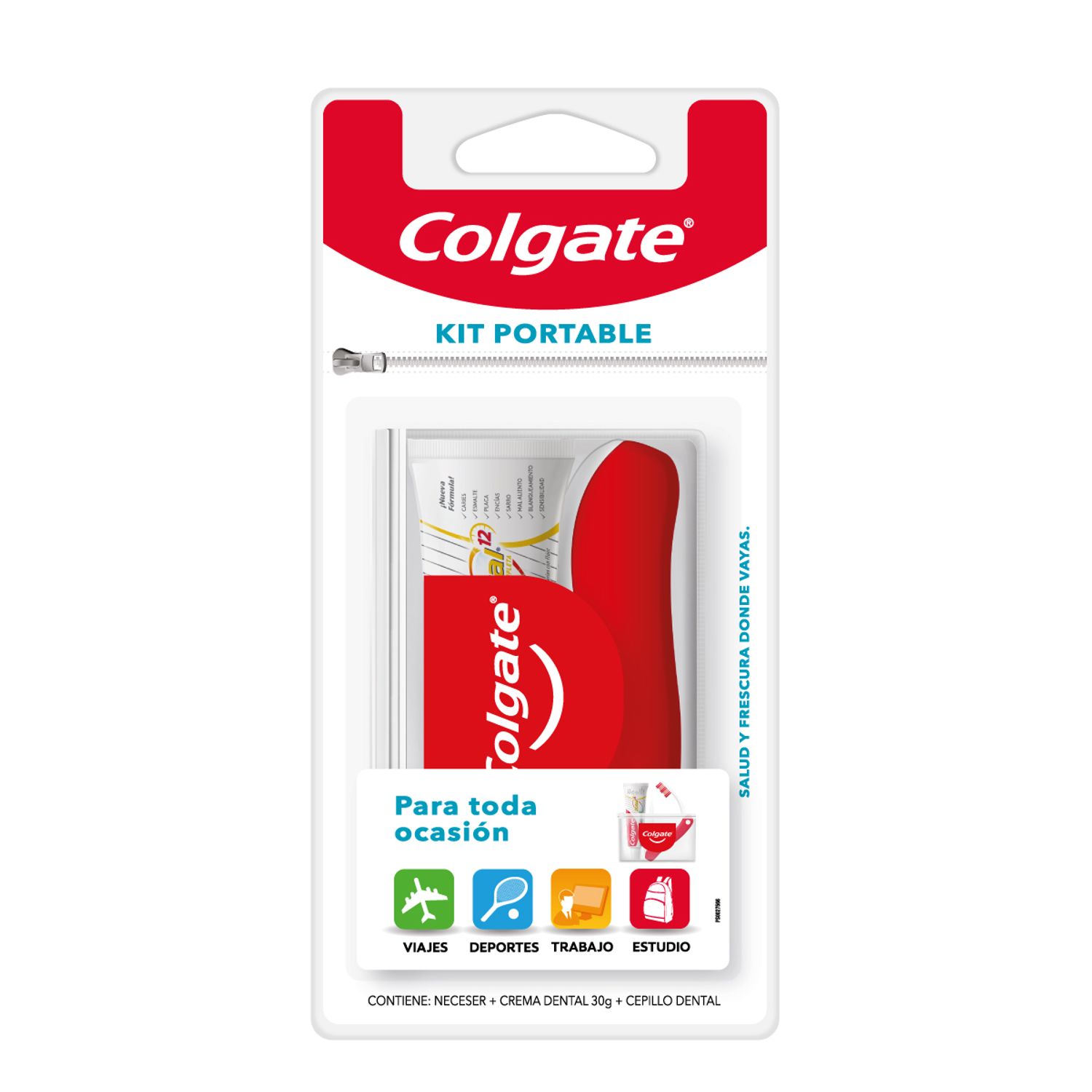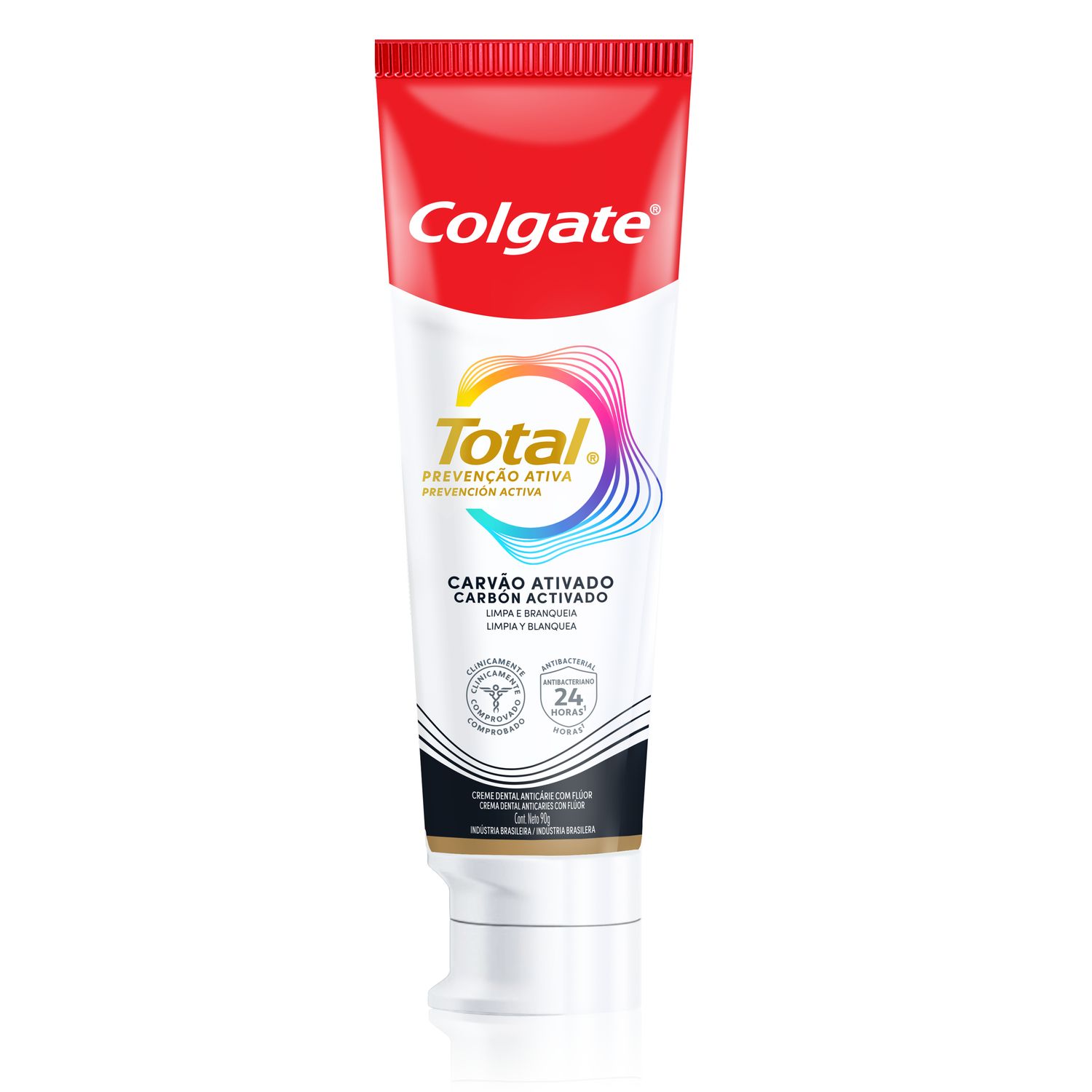1. Cold Compresses
It’s not uncommon for your mouth or face to swell up from pain after an injury, procedure, or dental problems.
This remedy is straightforward but very effective in helping inflammation: hold a cold compress up against your cheek, and you can find relief in no time. The University of Michigan recommends doing 10 minutes with the cold once an hour, but feel free to use it for shorter if it’s too cold.
Not only does cold help swelling and inflammation, but it can also temporarily reduce pain.
Helpful tip: If you don’t have a cold compress handy, you can make one at home (this is a guide to homemade remedies!).
Just follow these steps:
- Put ice in a sealable, water-tight bag
- Fill the bag with water and squeeze the air out of it
- Wrap it in a cloth and apply to the affected area
Is no ice available? Freeze water in a bag, use frozen veggies or try putting a damp towel into the freezer.
2. Clove Oil
A natural pain-reliever, clove oil can be useful to keep around to temporarily help with pain or swelling from a toothache. This natural oil works well because it contains eugenol, also found in cinnamon in smaller amounts.
Here’s an easy method to apply clove oil to a toothache:
- Apply a few drops of clove oil to a cotton ball or swab
- Place the cotton ball or swab on the sensitive area of your tooth or gums
Note that clove oil isn’t a flavor that everyone enjoys, so you might want to sample a drop before using too much!
3. Salt-water Rinses
One of the simplest but still useful tips we recommend is to use a salt-water rinse to provide temporary relief for pain:
- Use warm water so the salt will dissolve better, but avoid overly-hot water, so you don’t further aggravate any sensitive or hurting areas
- Pour a few teaspoons of salt into a cup of warm water
- Rinse with the mixture and spit
4. Tooth Pain Medications
We might be cheating a bit for a homemade remedy, but you’re likely to have some over-the-counter medications readily available. Most people keep medicines in their cabinet, or a first-aid kit that provides temporary relief for pain or inflammation will help your toothache.
When taking medications, it’s essential to follow the dosing and application instructions provided on the package.
What Are Ways to Prevent Toothaches?
There are many causes of toothaches, so it can be hard to narrow down without going to a dentist. According to the Cleveland Clinic, tooth decay, abscesses, fractures, damaged fillings, and infections are among the most common causes.
To help prevent many of the most common causes, we recommended that you:
- Brush your teeth twice daily and floss your teeth once a day
- Visit your dentist for regular checkups
- Get treatment, like fillings for cavities, as soon as possible
When Should You See a Dentist?
Keep in mind that while these remedies can work magic for pain and inflammation, they don’t treat the root causes of your symptoms. If you believe you’ve broken a tooth, have a cavity, infection, or other dental problem, be sure to contact a dentist. If you’re experiencing fever, facial swelling, or constant pain and don’t have access to a dentist, visit an emergency room for treatment.
It can be stressful to see a dentist, but they’re masters at treating your toothaches and pain. They’re doctors, and they’ve got your back for your dental health.
Don’t be afraid to try these remedies at home and together to provide the maximum amount of relief. Cold compresses, clove oil, salt-water rinses, and over-the-counter medication can all work together to temporarily fight pain and inflammation from your toothache.
La finalidad de este artículo es fomentar la comprensión y el conocimiento de temas generales de salud oral. Su propósito no es sustituir la opinión, el diagnóstico o el tratamiento profesionales. Solicita siempre la opinión experta de tu dentista u otro proveedor de salud calificado y consúltales cualquier pregunta que tengas en relación con alguna enfermedad o tratamiento médico.
CUESTIONARIO SOBRE SALUD BUCAL
¿Qué hay detrás de tu sonrisa?
Realizá nuestra evaluación de salud bucal para sacar el máximo partido de tu rutina de cuidado.
CUESTIONARIO SOBRE SALUD BUCAL
¿Qué hay detrás de tu sonrisa?
Realizá nuestra evaluación de salud bucal para sacar el máximo partido de tu rutina de cuidado.











